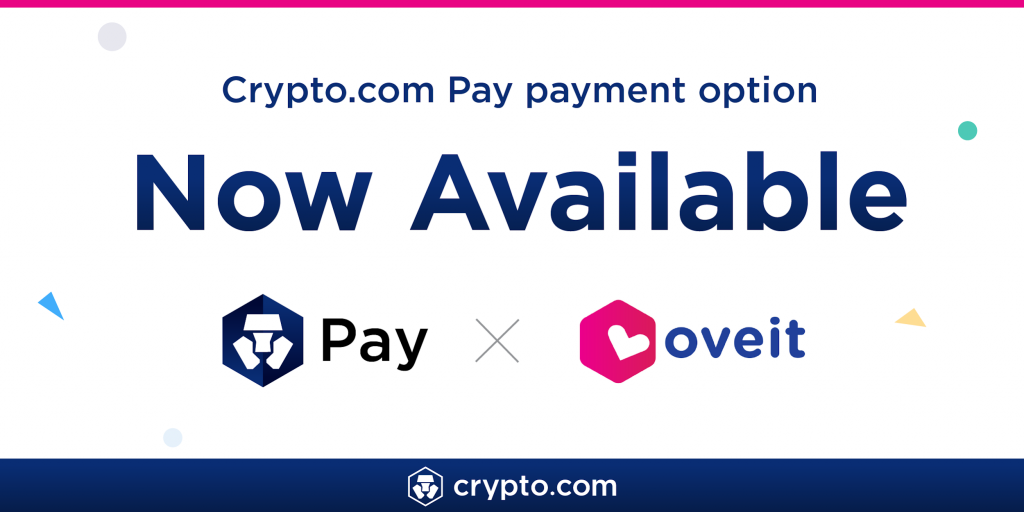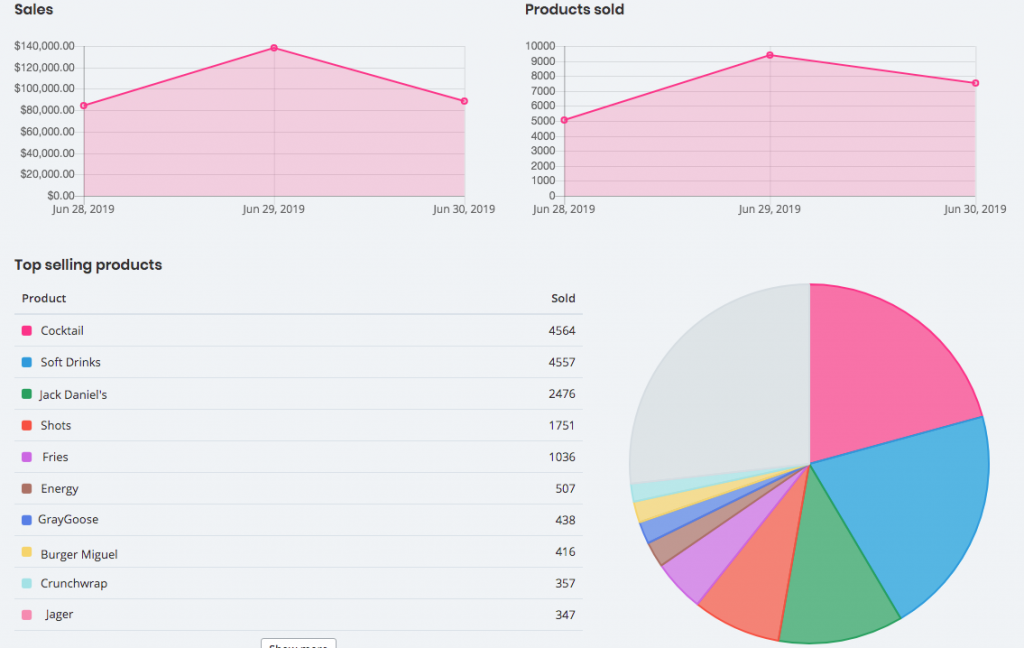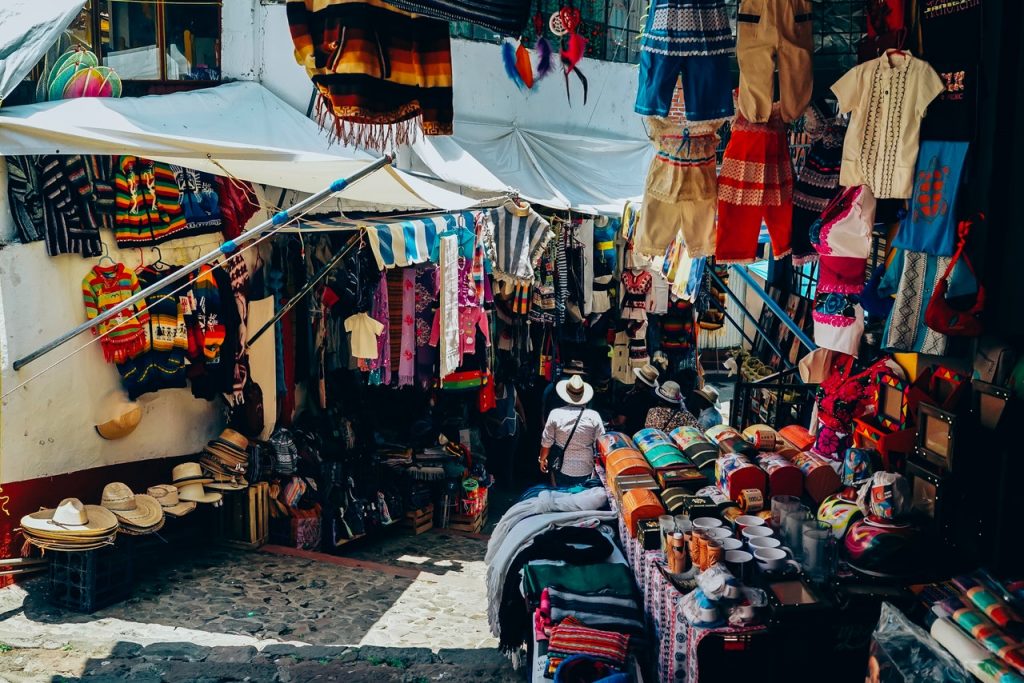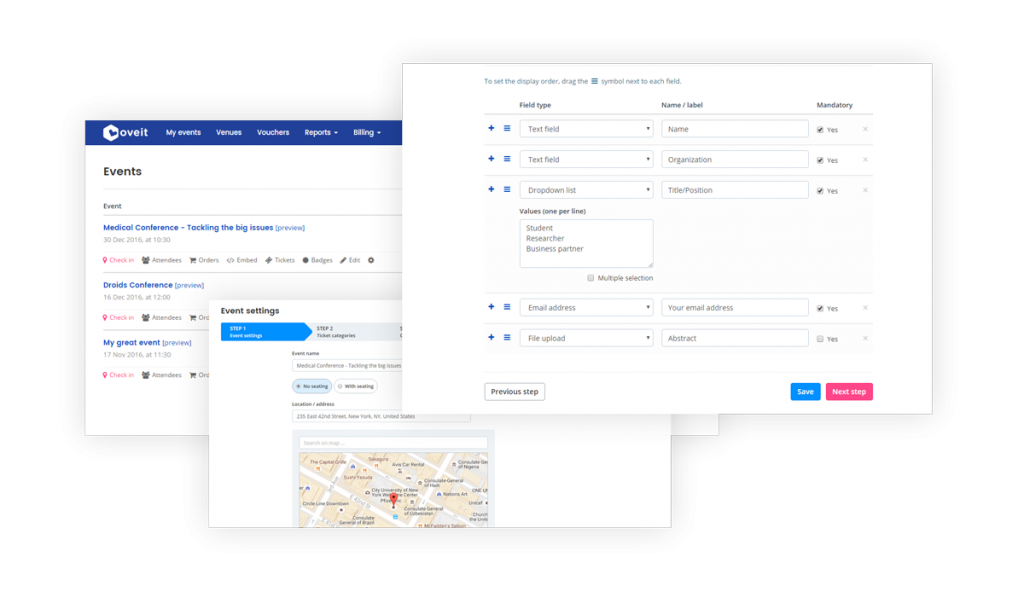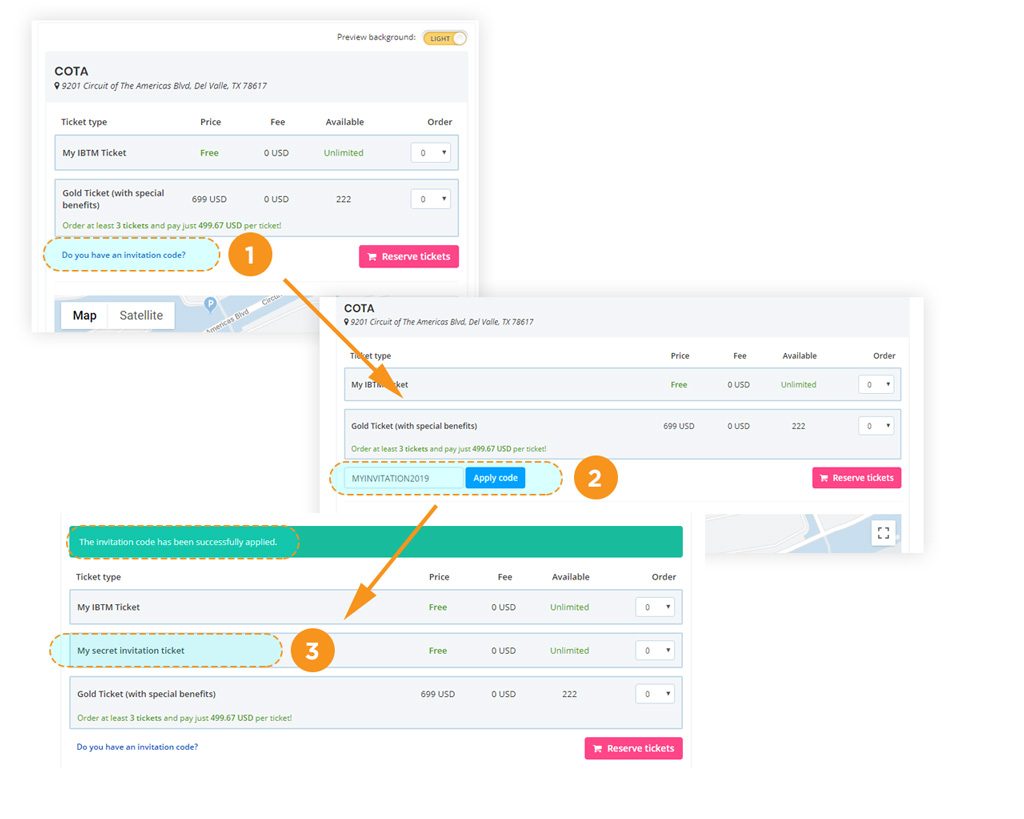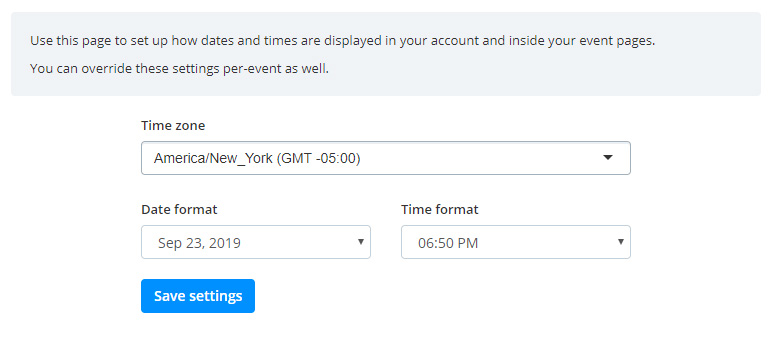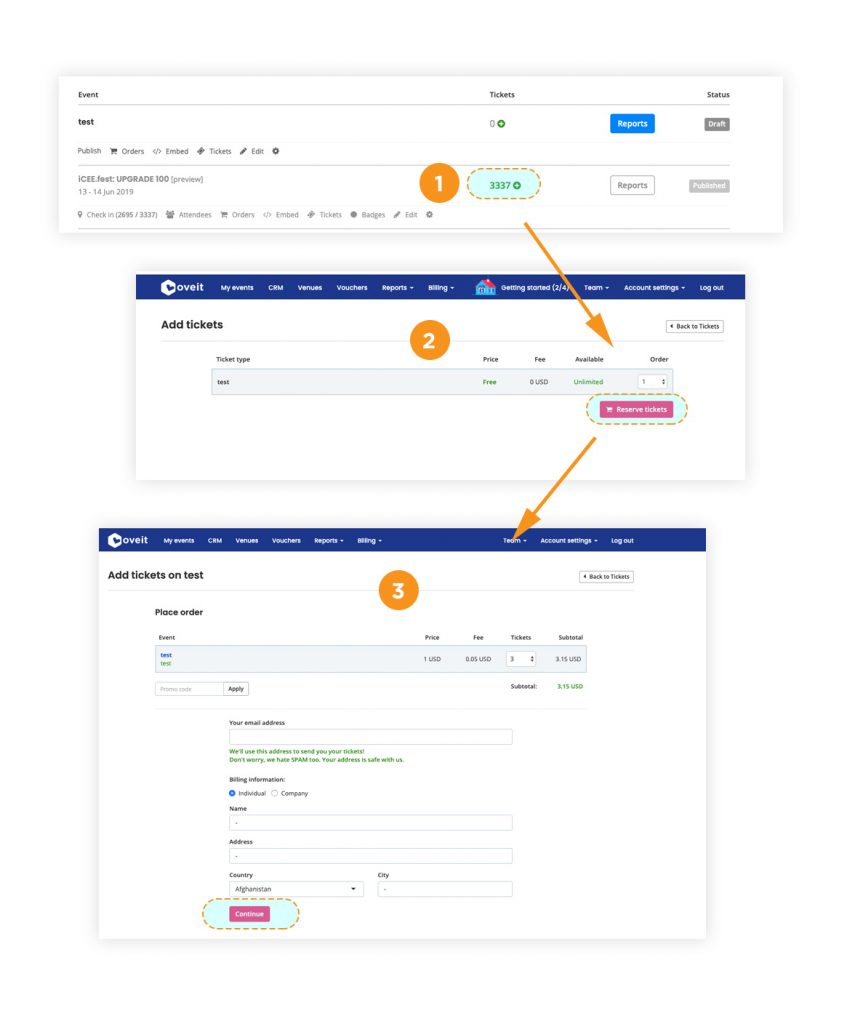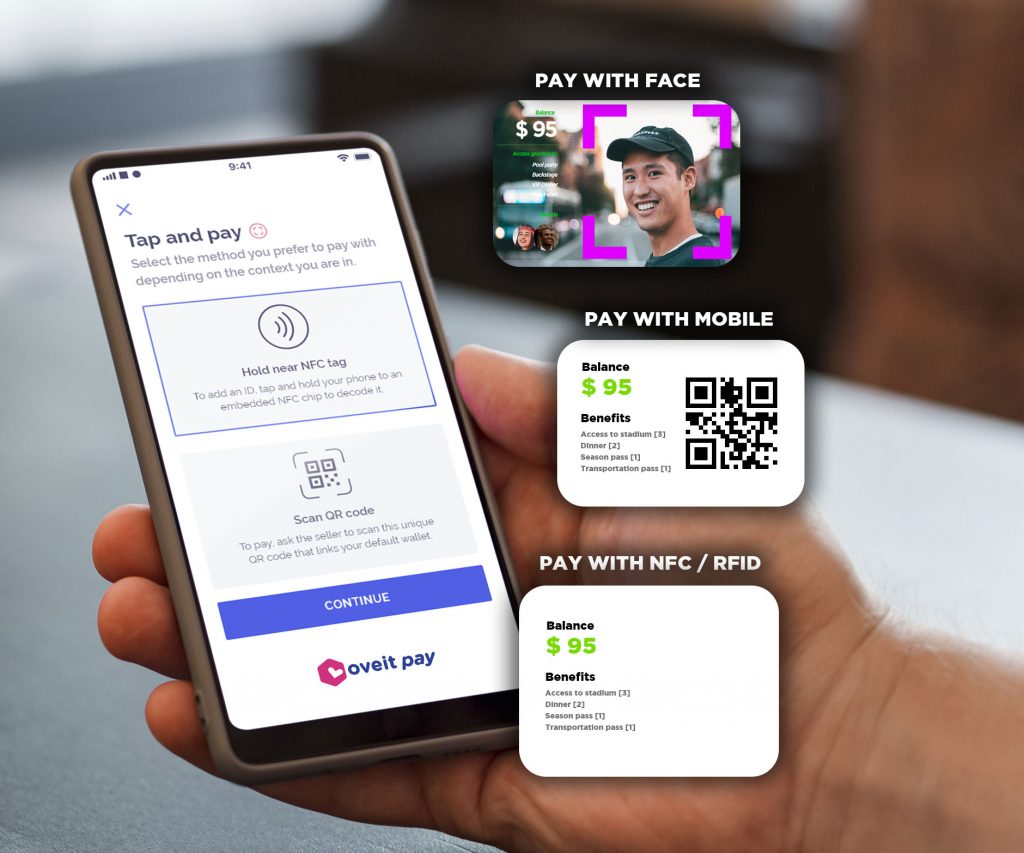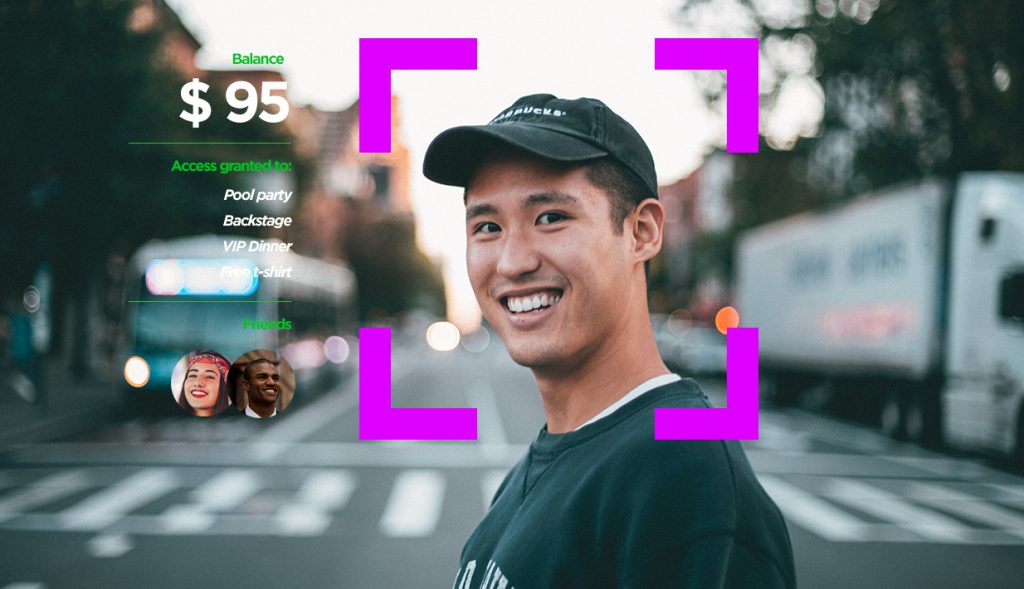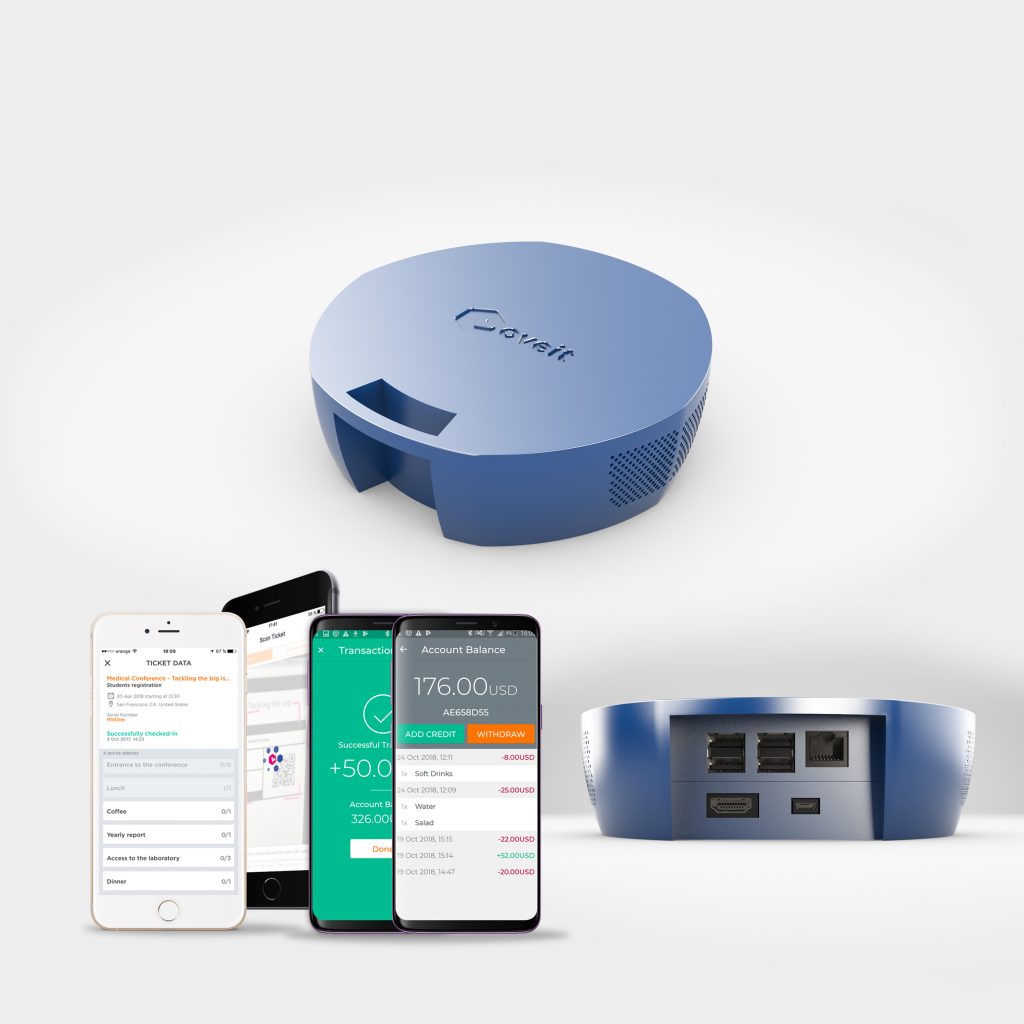We are announcing our partnership with Crypto.com, the pioneering payments and cryptocurrency platform. For the past months we have been working closely with the Crypto.com Pay team to provide events and venues an easy way to accept payment in cryptocurrency.
With Crypto.com Pay event planners and venue managers can accept crypto payments in BTC, ETH, LTC, XRP and CRO. If they do not want to be exposed to market volatility, payments in cryptocurrency can be converted to the fiat currency of their choice. This means that visitors can pay in cryptocurrencies such as Bitcoin, Crypto.com Coin or Ethereum, and event planners can retain the cryptocurrencies or have them converted to fiat currency such as USD or EUR.
Transactions are powered by the Crypto.com’s CCSS Level 3, ISO27001:2013 and PCI:DSS 3.2.1, Level 1 compliant platform. Crypto.com Pay Checkout safeguards customer payment data, providing event organizers peace of mind while offering customers the option to pay in cryptocurrencies.
How can event planners use cryptocurrency payments?
Using Oveit’s integration of Crypto.com Pay, event planners and venues can accepts crypto payments in one or more ways:
- Sell tickets to events or venues.
- Sell add-ons to tickets: e.g. an event t-shirt, beverages or access to the VIP area in the event, all packed in the same ticket.
- Allow digital wallets top-ups that can be used in-venue: Oveit offers event planners and venues the option to set up an in-venue economy . In the venue digital wallets can be used with local vendors by simply tapping an NFC wristband, showing QR codes or via biometric payments (face payments).
To celebrate this partnership and help event planners adopt this new payment technology we are waiving all fees for Crypto.com Pay transactions until the end of 2020. Crypto.com has announced customers making payments using Crypto.com Pay to events powered by Oveit will receive up to 10% cashback in CRO in their Crypto.com App wallet from now till 31 Jul 2020.
To find out more about the offerings of Crypto.com, please visit www.crypto.com.
About Oveit
Oveit provides Economy as a Service tools for events, venues and smart communities. Using Oveit event planners can sell tickets, manage registration and access control and set up cashless payments in their venues.
Oveit’s distributed ledger technology creates an Edge Payments (payments at the edge of the cloud) ecosystem that is fast, secure, and always on. Visitors can top up a digital wallet and use it for a customized purchasing experience. Oveit helps events, retail companies and hospitality venues to onboard vendors and buyers, track visitor behavior both online and offline and increase revenue.
About Crypto.com
Crypto.com was founded in 2016 on a simple belief: it’s a basic human right for everyone to control their money, data and identity. With over 1 million users on its platform today, Crypto.com provides a powerful alternative to traditional financial services, turning its vision of “cryptocurrency in every wallet” into reality, one customer at a time. Crypto.com is built on a solid foundation of security, privacy and compliance and is the first cryptocurrency company in the world to have CCSS Level 3, ISO27001:2013 and PCI:DSS 3.2.1, Level 1 compliance. Crypto.com is headquartered in Hong Kong with a 200+ strong team. For more information, please visit www.crypto.com.
